It is inevitable. Most folks that hear the term “health coach” or the fearful endeavor of the actual verb, “health coaching” seem to have some sort of preconceived notion of what the process entails.
More often than not, at least from my experience, health coaches aren’t yelling in your face or breathing down your neck like those trainers seen on The Biggest Loser. Those people are paid actors looking to collect their paycheck as it rises directionally proportionate to the fans that are watching. Health coaches, also, are not pipe-smoking, spectacle gazing therapists, staring down the ends of their noses at your weak and pathetic testimony as to why you had to siphon one more slice of king cake down your giddy, inebriated gullet. (We all remember last year’s Mardi Gras newsletter, don’t we?)
“Come on, Bruce! You can do it!”

But, the reality is, the most effective coaches act in a much more subtle manner. The best are actually non-existent through most of the process. How you ask? Because by encouraging their clients to become much more intentional with their behavior, their role becomes more and more supportive and less and less of the lead.
Yet, the question still remains: How does one get started with a health coach? Which, of course, depends entirely upon the support that is needed.
Some clients just need a good bit of accountability.
Some would like a crash course on what a “healthy meal” actually looks like?
Some could benefit from an in-depth analysis of their current meal plan and macronutrient timing.
And others, from a completely different perspective, have tried multiple diet plans and regimes and they are simply looking to run certain lab tests that could give them the answers that they have been hopelessly searching the western medicine medical paradigm for.
But still, even then, the health coach is still side-kick in this whole endeavor. Coaches are trained to work with patients in a much more collaborative way than most physicians. They don’t take the “expert” approach, but rather, one with a bit more of an inquisitive nature. As Chris Kresser, of the Kresser Institute, puts it:
"In the expert approach, the 'authority' assesses the problem, delivers advice, recommends solutions, and in some cases, teaches new skills. In the collaborative approach, the coach acts as a partner or ally, encourages the client to discover their own solutions and become their own advocate, and supports them in developing the skills they need to embrace new behaviors. This collaborative approach empowers the client to become the primary driver of change. It also builds confidence, self-awareness, and self-actuation—all of which are crucial for long-term change, since the client will likely not work with the coach for the duration of his or her lifetime. To use an analogy, the doctor gives the patient a fish so she can eat for a day, whereas the coach teaches the client to fish so she can eat for a lifetime."
And therein lies the beauty of working with, not only a health coach but a “functional” one. Functional Medicine trained coaches have the tools necessary to discover the underlying physiological problems aside from lack of willpower, lack of nutritional knowledge, and, of course, Cajun-itis (which appears to only be cured with a forty consecutive day dose of maximum-strength “Lent”)
So, where do you start? What is the first action? Simple. It starts with these six questions:
- Do you want to feel better and perform better?
- Do you realize that (x) action, that you are currently performing, is detrimental to your health?
- Do you want to stop doing it?
- Do you realize that (x) action that you are currently NOT performing is beneficial to your health?
- Do you want to start incorporating it more often?
- Do you know “how” to turn these into habits?
Can you answer yes to all of these questions and do what you must in order to achieve your loftiest health goals? If you can honestly answer yes, then you don’t need a coach. You just need to start yourself down the correct path of action.
If you cannot honestly answer yes to all of these above, then consider this your role-call.





